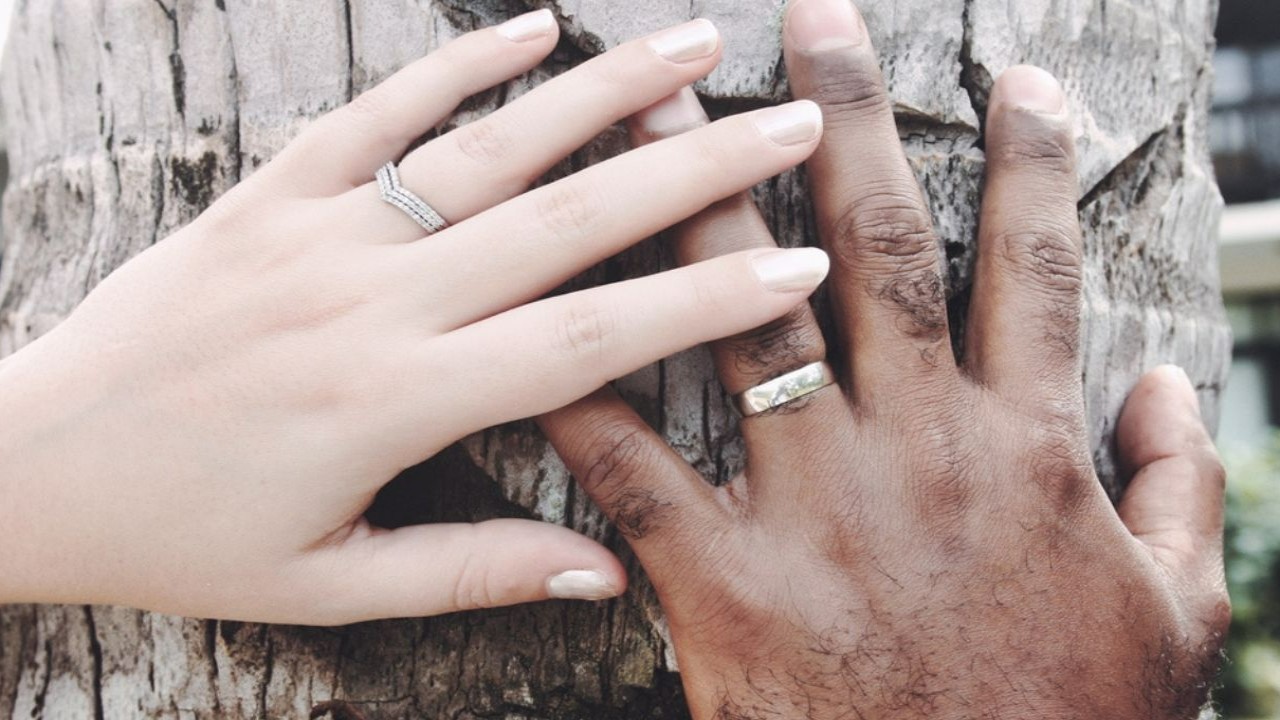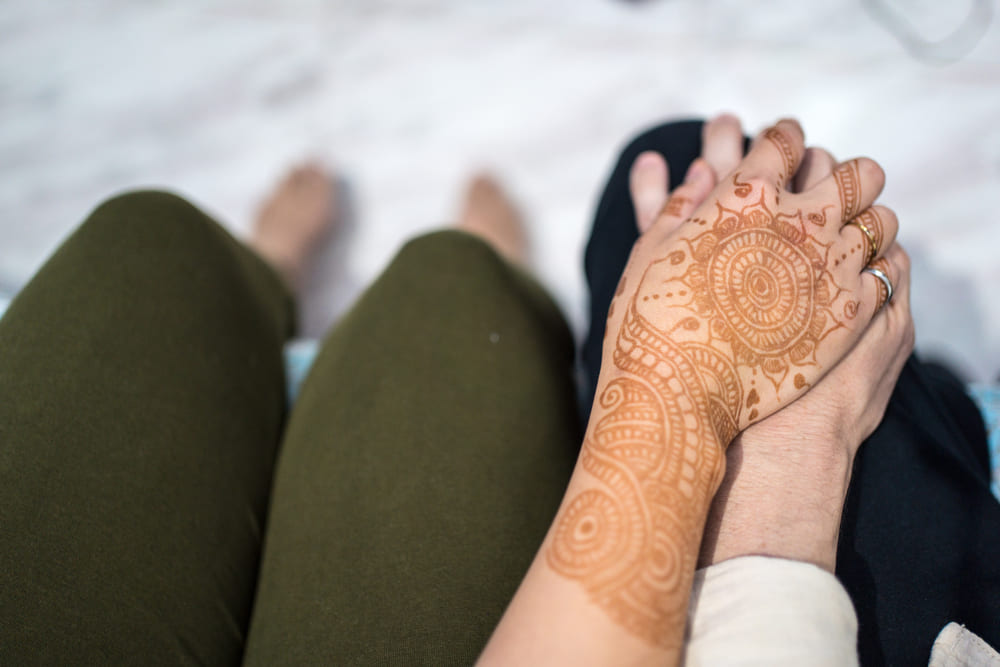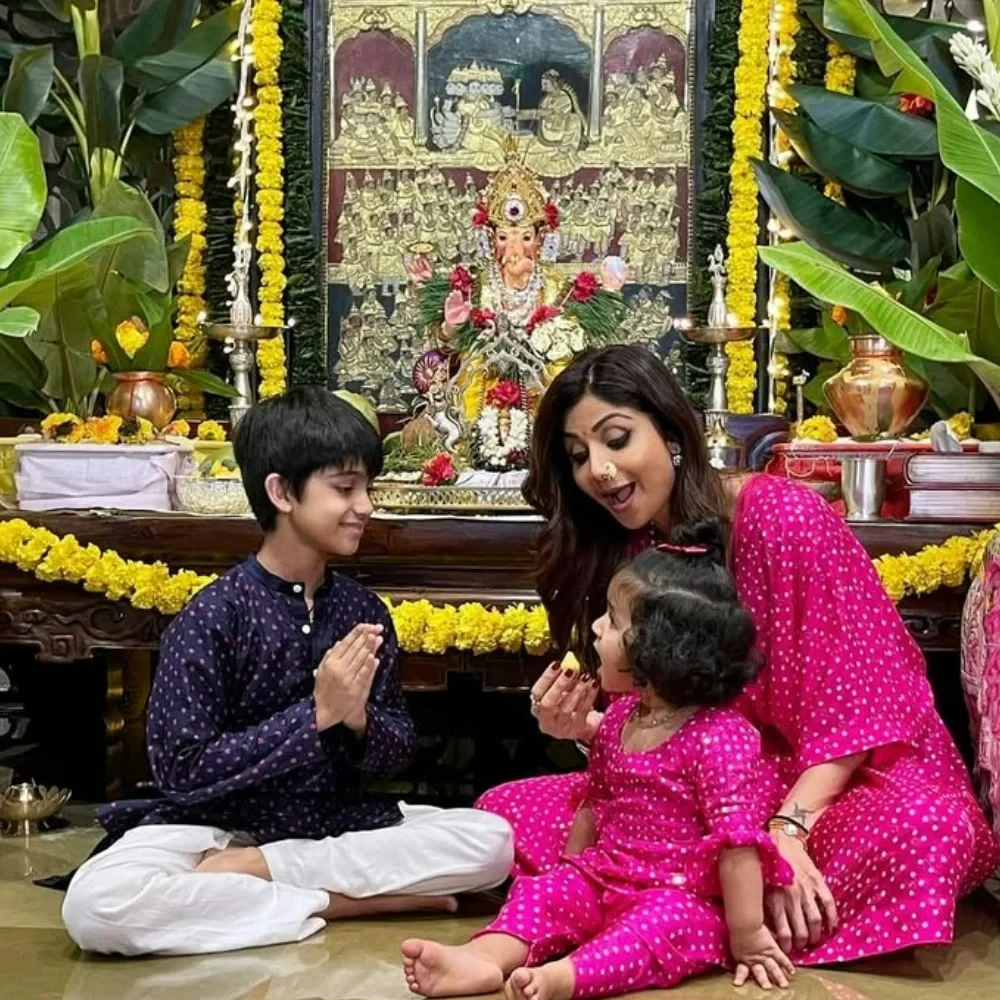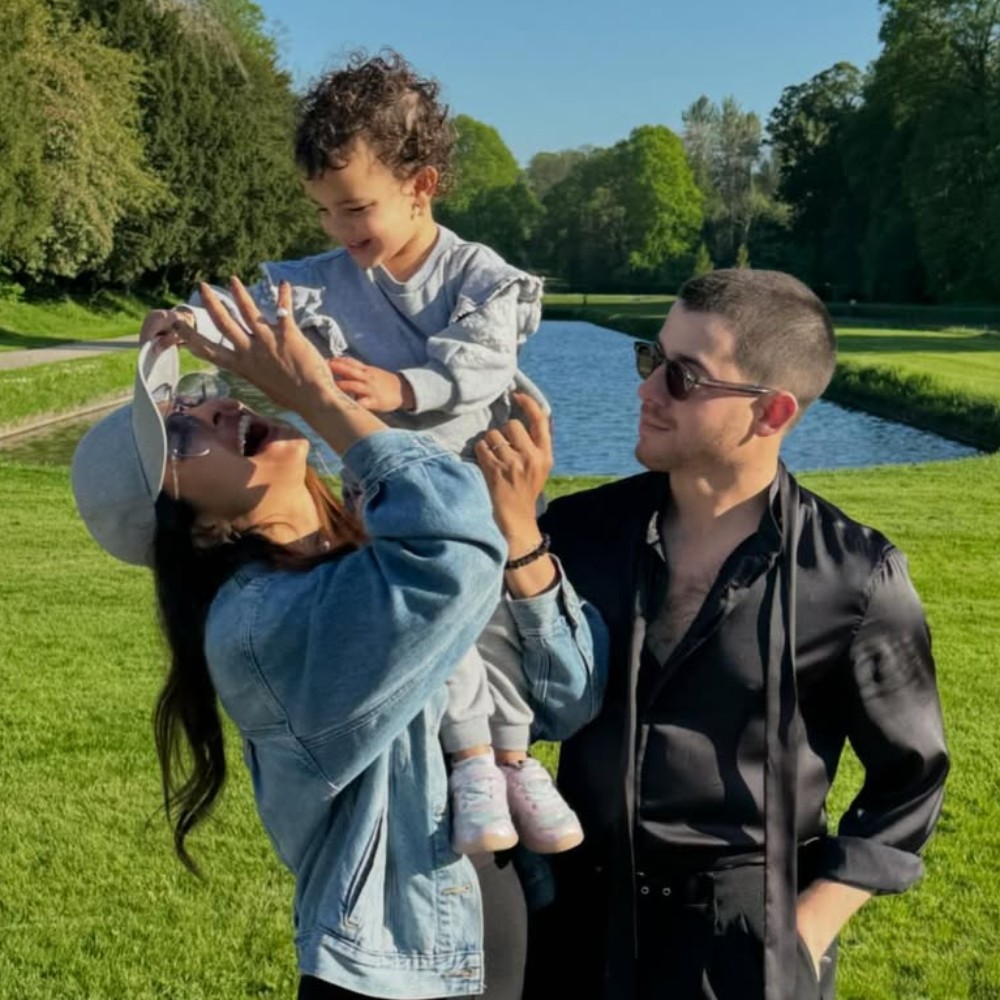Exploring the Beauty of Interracial Relationships: Love Beyond Boundaries
Discover the world of interracial relationships as we delve into reasons behind their success and failure, finally celebrating the diverse tapestry of love.

Love knows no boundaries; nowhere is this more evident than in interracial relationships. These unions defy societal expectations, challenging traditional norms, and embracing the beauty of diversity. In this article, we embark on a journey to understand the intricacies of interracial marriage, exploring their definition, historical context, important considerations, and the factors that contribute to their successes or failures.
What Are Interracial Relationships?

- Interracial marriage encompasses partnerships where individuals from different racial or ethnic backgrounds come together romantically. For example, a marriage between a white woman and a black person. They defy societal expectations and challenge traditional norms, emphasizing the importance of love and connection over racial barriers.
- This romantic relationship celebrates diversity by recognizing and appreciating each partner's unique cultural background and perspectives. They break down stereotypes and promote inclusivity by fostering understanding and empathy.
- A key aspect of an inter-race relationship is the merging of cultures, traditions, and values. This blending offers an enriching experience for both partners as they learn from one another, broaden their perspectives, and gain insights into different customs and belief systems.
- In embracing diversity, interracial couples become agents of change, challenging discriminatory attitudes and fostering greater acceptance within their communities. By demonstrating that love transcends racial boundaries, they contribute to the advancement of a more inclusive society.
- Successful cross-racial bonds are built on open communication, respect, and a genuine curiosity to understand and appreciate each other's backgrounds. They give you a sense of relationship satisfaction. By actively engaging in dialogue and actively dismantling biases, these couples forge strong bonds based on shared values and a commitment to equality.
History of Interracial Relationships:

- They have a complex history marked by societal taboos and legal restrictions. Throughout different eras, these relationships faced significant barriers due to deeply ingrained racism and prejudice.
- In various parts of the world, anti-miscegenation laws were enforced, prohibiting interracial marriages and relationships like AMWF couples. These laws sought to maintain racial segregation and uphold social hierarchies by preventing individuals from different racial backgrounds from forming unions.
- The Civil Rights Movement, particularly in the United States, played a pivotal role in challenging and dismantling legal barriers to interracial marriage for native american people. The landmark case of Loving v. Virginia in 1967 resulted in the Supreme Court's ruling that anti-miscegenation laws were unconstitutional.
- Despite legal progress, racial discrimination and societal resistance continued to pose challenges for interracial couples. Stereotypes, prejudices, and disapproval from family members or communities often strained these relationships.
- However, societal attitudes have gradually shifted over time. Increased cultural exchange, education, and awareness have contributed to greater acceptance and understanding of these relationships, fostering an environment where love can thrive across racial boundaries.
Things To Know About Interracial Relationships:

- Open-mindedness and Cultural Sensitivity: They are essential in building a strong foundation for cross-cultural relationships. Recognizing and respecting each other's cultural differences is crucial for fostering harmony and understanding.
- Effective Communication: It is vital for navigating potential misunderstandings that may arise from differing cultural backgrounds. Engaging in open and honest conversations about expectations, values, and traditions helps ensure that both partners feel heard and understood.
- Education: Knowing about each other's cultures, traditions, and histories can deepen the connection and enhance appreciation for one another. Taking the time to learn and celebrate each other's backgrounds fosters a sense of shared identity and strengthens the bond.
- Embracing Diversity: Accepting the diverse culture within the relationship can lead to personal growth and broaden horizons. By actively engaging with each other's cultural experiences, couples can create a vibrant and inclusive environment where different perspectives are valued.
- Building a Support Network: Creating an atmosphere that embraces and celebrates the diversity of the relationship is crucial. Surrounding oneself with friends and family who are supportive and accepting helps create a nurturing environment where love can thrive, despite potential external challenges.
Why Do Interracial Bonds Fail?

External Pressures and Discrimination:
- Societal Prejudices: Deep-rooted biases and stereotypes create additional strain on interracial couples. Negative reactions from society, including disapproval, judgment, or discrimination, can take a toll on the relationship.
- Family and Community Disapproval: Lack of support or acceptance from family members or the larger community can contribute to relationship difficulties and emotional distress.
Cultural Differences and Misunderstandings:
- Communication and Expectations: Cultural differences in communication styles, values, and expectations can lead to misunderstandings and conflicts. Without open and effective communication, addressing these differences may become challenging.
- Assumptions and Stereotypes: Unresolved assumptions based on racial or cultural stereotypes can affect relationship dynamics. Expectations that stem from these assumptions, if unmet, can lead to disappointment and strain.
Lack of Awareness and Understanding:
- Societal Context and Systemic Racism: Interracial relationships exist within a broader societal context that includes systemic racism and ongoing racial tensions. Failing to acknowledge or navigate these complexities can create additional difficulties for couples.
- Unresolved Biases and Privilege: Unconscious biases or unaddressed privileges can hinder authentic understanding and empathy between partners. Ignoring or dismissing these dynamics can lead to resentment and relationship challenges.
Incompatibilities:
- Fundamental Differences: Like any relationship, interracial unions can face challenges related to compatibility. These challenges may include differences in goals, values, or lifestyles that prove difficult to reconcile.
- Cultural Clash: Despite efforts to bridge cultural gaps, there may be instances where core cultural differences clash and create significant challenges within the relationship.
Lack of Support Network:
- Isolation and Limited Social Support: The absence of a supportive network that embraces and celebrates the diversity of the relationship can put a strain on the couple. Feeling isolated or lacking social support during times of difficulty can contribute to relationship dissatisfaction and eventual failure.
Personal Growth and Self-Reflection:
- Individual Development: Personal growth and self-reflection are important for individuals in any relationship. Failing to address personal issues or unresolved traumas can impact the overall health and longevity of the relationship.
Inability to Navigate Complexities:
- Interracial marriage often faces unique complexities, including handling microaggressions and systemic racism like in the cases of a black woman, or white woman being interracial wives.
- Failure to effectively navigate these challenges, or a lack of awareness and understanding of the broader societal context, can create additional difficulties that some couples may find difficult to overcome in their sexual relationship as well.
It is important to note that while these challenges can arise in interracial relationships, they are not insurmountable. With open communication, mutual respect, and a willingness to address and navigate these complexities, couples can overcome obstacles and build successful and fulfilling relationships.
Conclusion:
Interracial relationships are a testament to the power of love that transcends societal boundaries. By embracing diversity, celebrating different backgrounds, and fostering open communication, interracial couples contribute to a more inclusive society. While these relationships may face unique hurdles, their ability to navigate cultural differences, challenge stereotypes, and foster mutual understanding paves the way for growth and transformation. By promoting acceptance, empathy, and love without boundaries, we can forge a future where intermarrying can thrive, celebrating the remarkable diversity that unites us all.





 JOIN OUR WHATSAPP CHANNEL
JOIN OUR WHATSAPP CHANNEL





































































